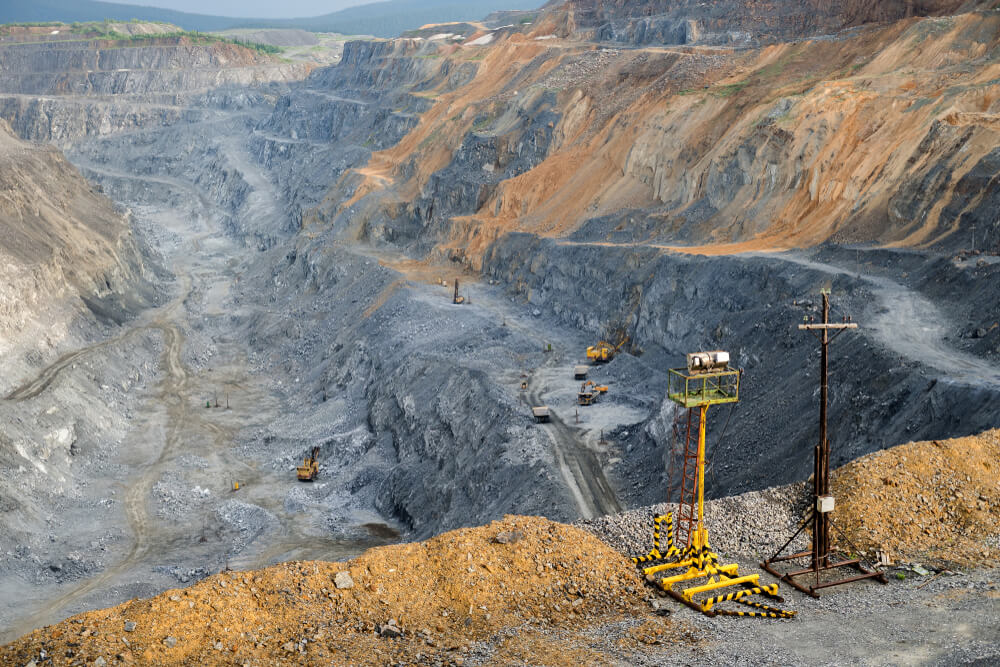
The European Union has announced a list of 47 strategic projects aimed at enhancing the domestic extraction, processing, and recycling of critical raw materials essential for its energy transition and industrial security. These projects align with the Critical Raw Materials Act (CRMA), which sets ambitious targets for 2030: extracting 10%, processing 40%, and recycling 25% of the EU’s annual consumption of critical materials
The selected projects span 13 EU member states, including Portugal, Germany, and Finland, and focus on key materials such as lithium, cobalt, nickel, and rare earths. Lithium dominates the list with 22 projects, reflecting its importance in battery production for electric vehicles Other initiatives include seven manganese projects supporting the defense industry and three tungsten projects vital for aerospace technologies.
To expedite these initiatives, the CRMA mandates streamlined permitting processes with a maximum of 27 months for mining operations and 15 months for processing or recycling facilities. The European Investment Bank has committed €2 billion in financing this year to support these capital-intensive projects.
However, some projects face significant opposition from environmental groups and local communities. For example, Portugal’s Barroso lithium mine and Romania’s Rovina gold-copper project have been criticized for their potential environmental impact and displacement of local populations. Activists argue that such projects risk undermining public trust in the EU’s green transition.
The European Commission plans to open a new application process later this year for additional strategic projects, aiming to further diversify supply chains and reduce dependency on imports from countries like China.



